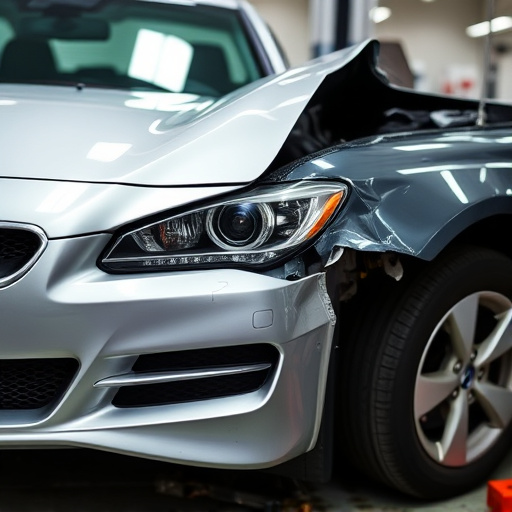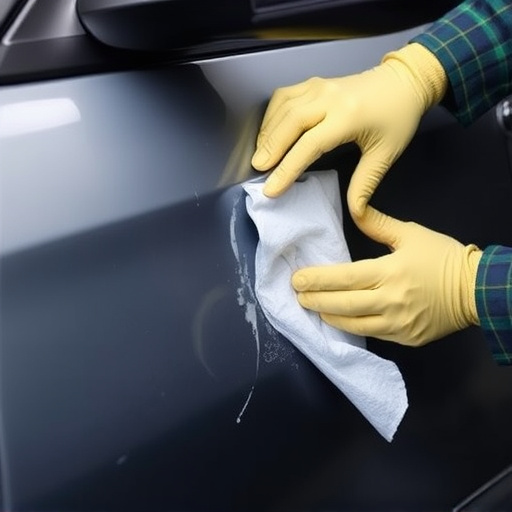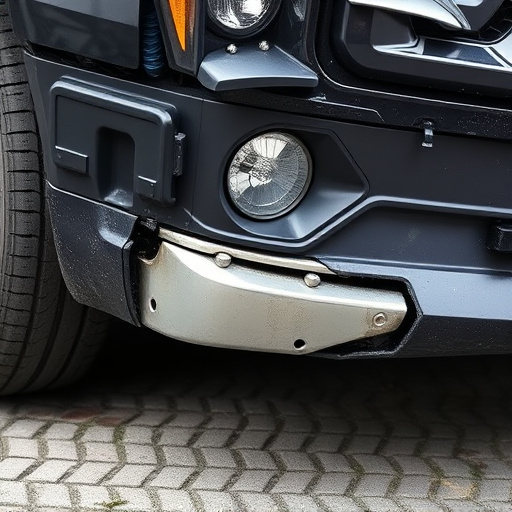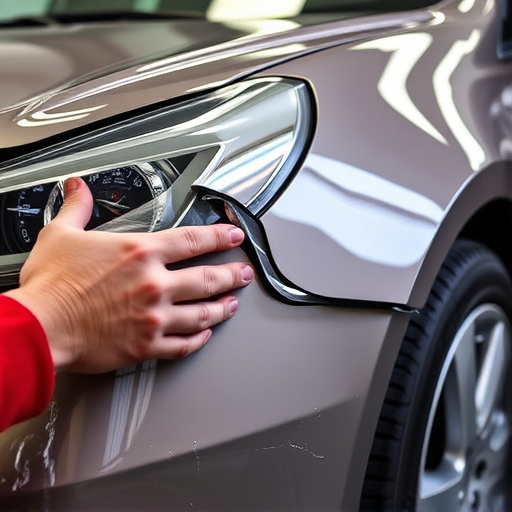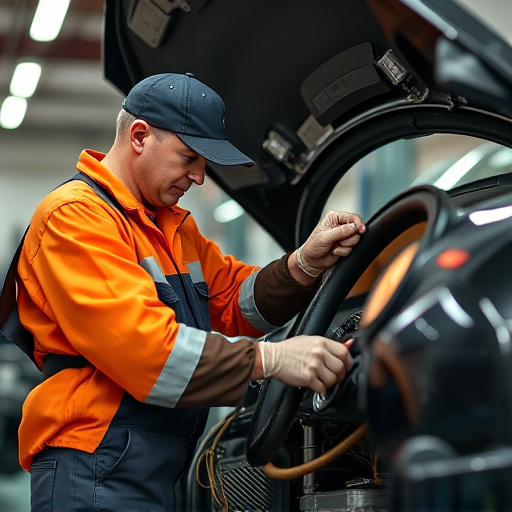A repair authorization service revolutionizes multi-vehicle repairs by centralizing communication and approvals between workshops, insurance providers, and owners. This digital solution reduces customer downtime, enhances satisfaction, and optimizes workshop productivity through efficient collision repair coordination and improved claim visibility, ultimately benefiting both customers and repair shops.
In today’s diverse automotive landscape, coordinating multi-vehicle repairs efficiently is crucial for workshops. The introduction of a robust repair authorization service (RAS) streamlines this process, offering significant advantages in terms of time and resource management. This article explores how RAS facilitates seamless coordination, from streamlining repair authorizations to enhancing the overall efficiency of multi-vehicle repair operations. By centralizing authorization, workshops can improve turnaround times, boost client satisfaction, and optimize their workflow.
- Streamlining Multi-Vehicle Repairs with Repair Authorization
- Efficient Coordination: Repair Authorization Service Benefits
- Enhancing Repair Process: Role of Centralized Authorization
Streamlining Multi-Vehicle Repairs with Repair Authorization
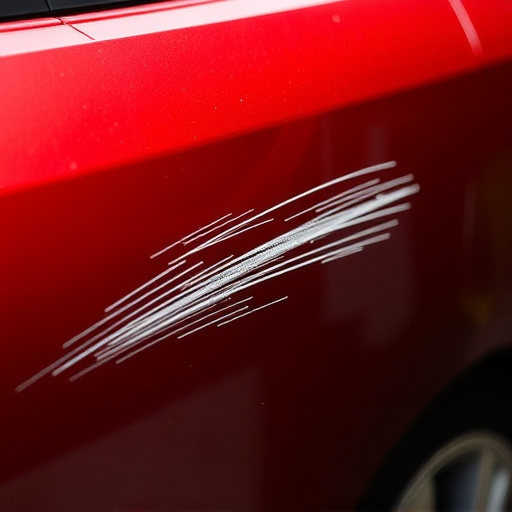
In today’s fast-paced automotive industry, streamlining multi-vehicle repairs is crucial to keep up with demand and minimize downtime for customers. A repair authorization service plays a pivotal role in this process by facilitating efficient coordination among various stakeholders involved in collision repair and auto maintenance. When a vehicle owner brings their car into a workshop for multiple repairs, the authorization service acts as a centralized hub. It ensures that all necessary approvals are obtained from insurance providers or owners promptly, reducing delays at every step of the repair process.
By implementing a repair authorization service, workshops can manage complex multi-vehicle repair schedules more effectively. This streamlined approach enables them to handle car collision repairs efficiently while maintaining high standards of auto maintenance. It also enhances communication between repair centers, insurance companies, and vehicle owners, leading to better overall customer satisfaction and reduced repair turnaround times.
Efficient Coordination: Repair Authorization Service Benefits
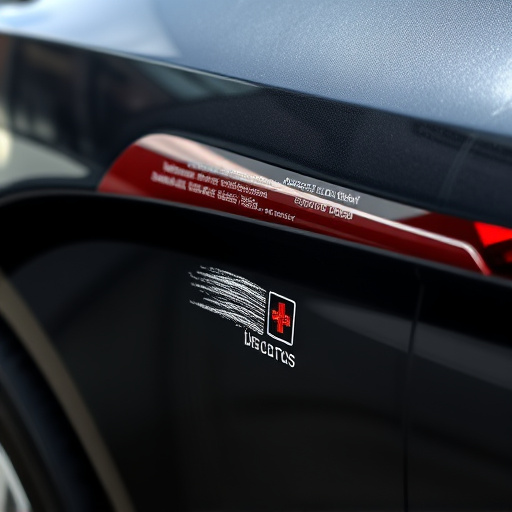
One of the primary benefits of a repair authorization service is its ability to streamline and enhance coordination among various stakeholders in multi-vehicle repairs. In today’s complex automotive landscape, where vehicles often require specialized services like collision repair shop work, tire services, or car damage repair, efficient communication and consent management are paramount.
A repair authorization service acts as a centralized hub, connecting insurance providers, policyholders, and collision repair facilities. This digital solution simplifies the process of obtaining authorizations for repairs, ensuring that all parties involved have clear visibility into the claims process. By automating and digitizing these interactions, it reduces administrative burdens, minimizes errors, and expedites overall coordination, resulting in faster turnaround times for car damage repair and tire services, ultimately benefiting both customers and repair shops.
Enhancing Repair Process: Role of Centralized Authorization
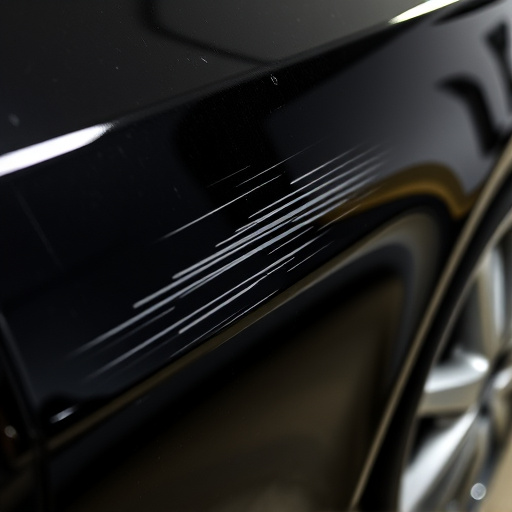
The centralized nature of a repair authorization service plays a pivotal role in enhancing the entire repair process for multi-vehicle scenarios. By consolidating and streamlining authorizations, this service acts as a backbone, ensuring smooth coordination among various car repair services, collision repair services, and even classic car restoration specialists. This consolidation allows for quicker decision-making, reducing delays that often occur in complex cases involving multiple vehicles and specialized repairs.
A centralized authorization system offers several advantages. It provides a uniform and consistent approach to evaluating and approving repairs, eliminating potential conflicts or discrepancies between different service providers. This standardization facilitates better communication and collaboration, enabling all parties involved to work from the same set of guidelines and standards. As a result, the overall efficiency of the repair process is significantly boosted, leading to faster turnaround times and higher customer satisfaction, especially in situations demanding intricate classic car restoration work.
A repair authorization service plays a pivotal role in coordinating multi-vehicle repairs, streamlining processes, and enhancing efficiency. By centralizing authorization, this service offers significant benefits, including improved communication, reduced paperwork, and faster turnaround times. It’s a game-changer for garages and workshops, ensuring a seamless and effective repair process for all vehicle types.



